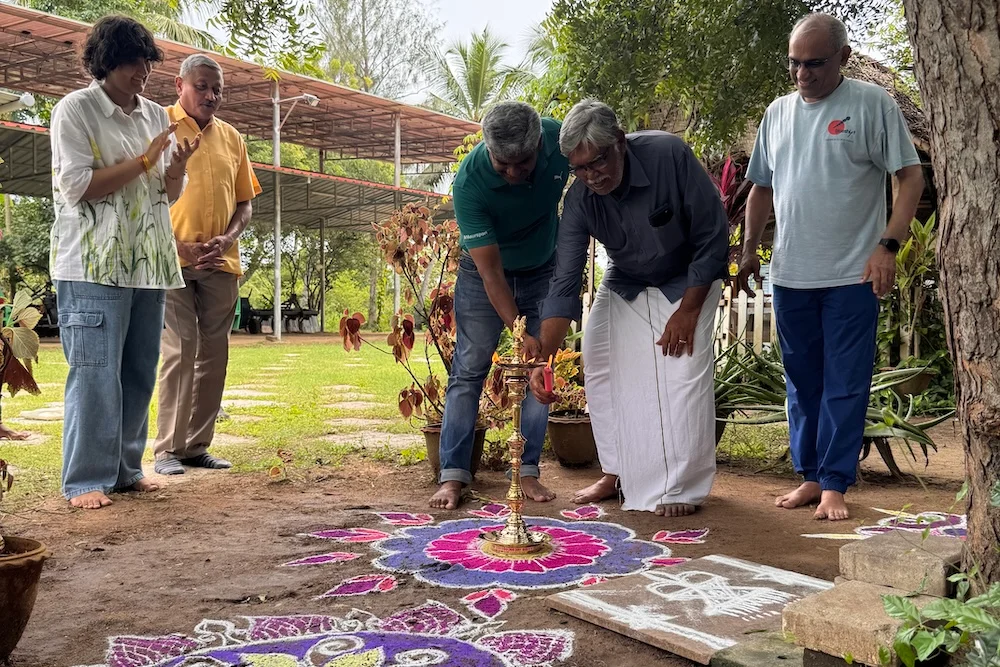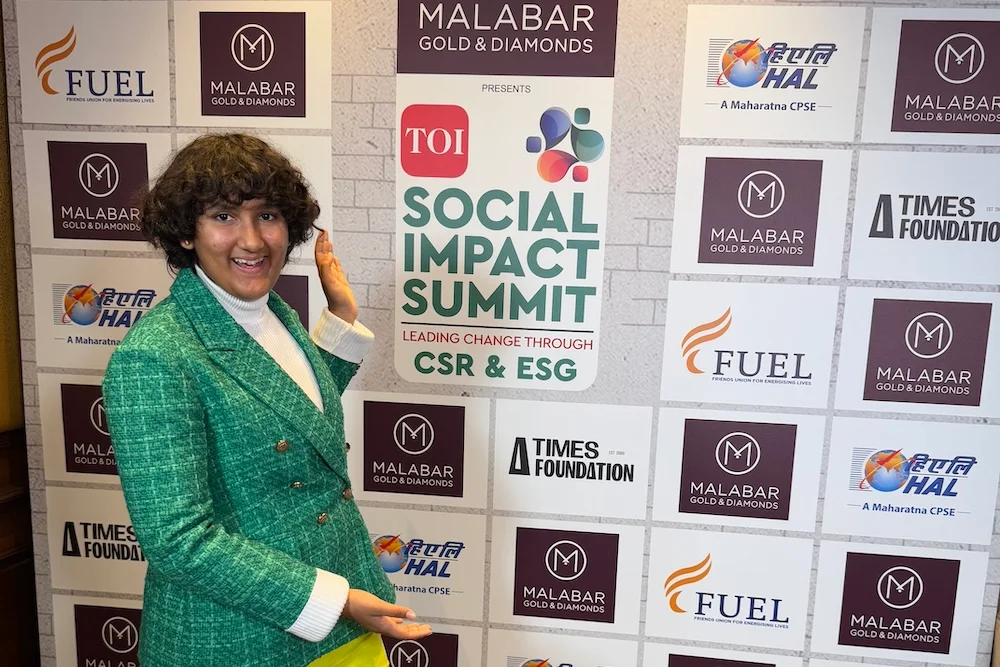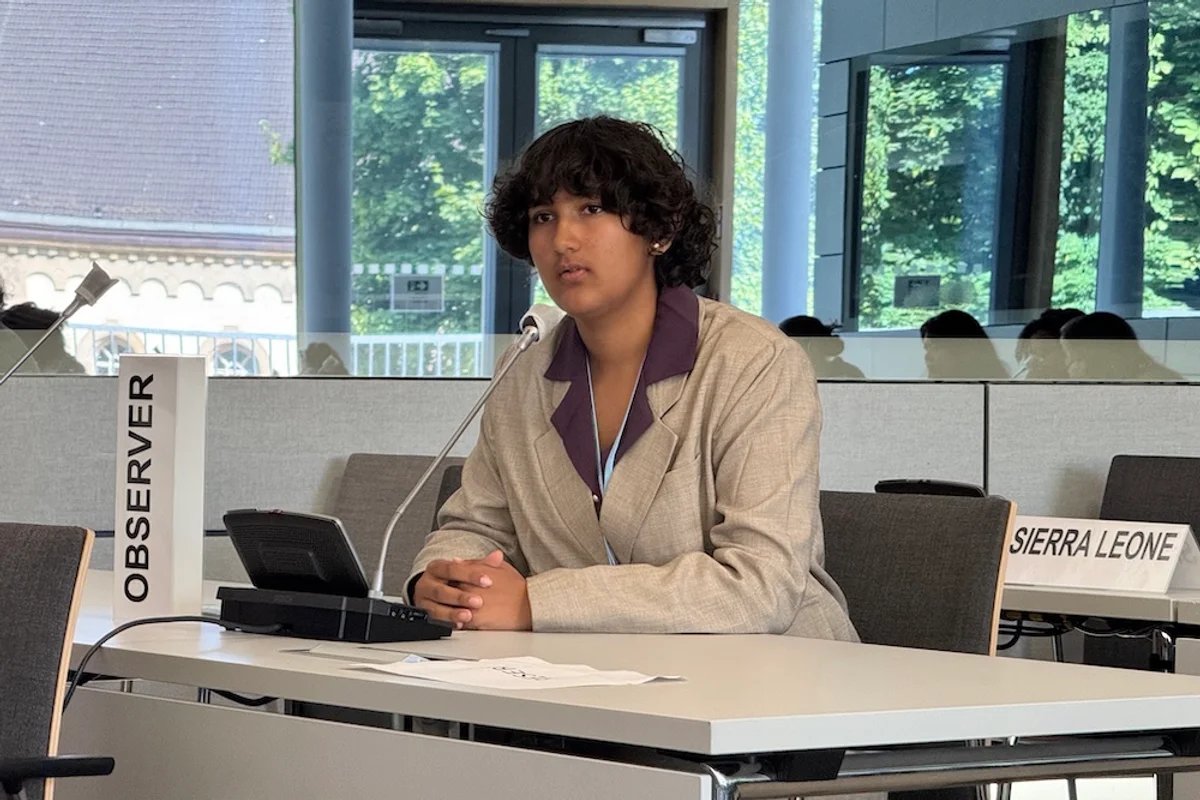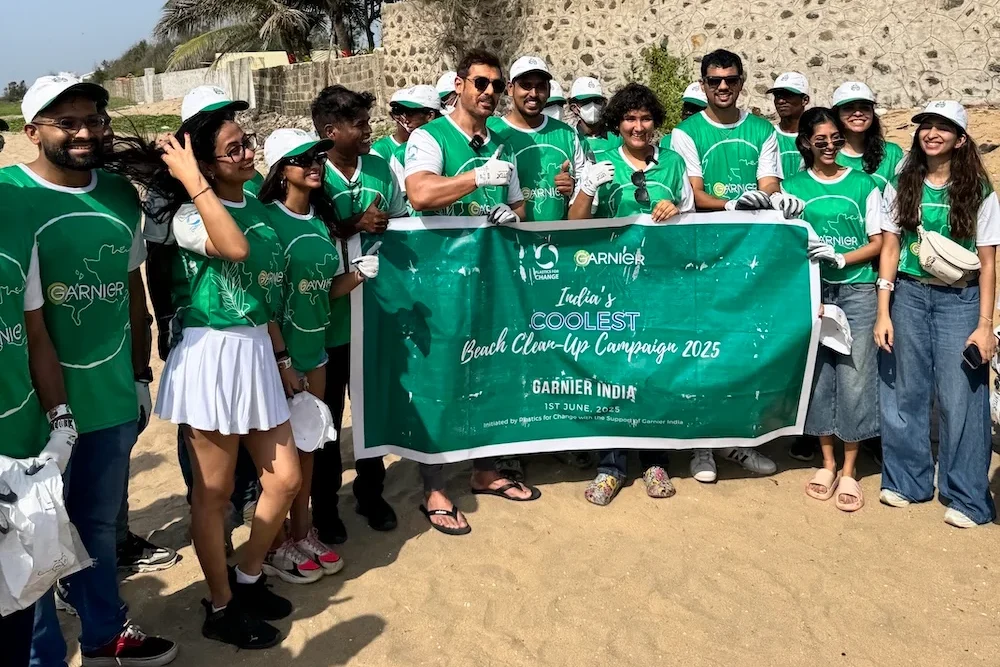India’s Top 6 Pro-Nature CSR Initiatives (Pre & Post Covid)
An Overview:
- Tata Steel’s Project Ganga Kutir focused on rejuvenating the Ganges River
- Larsen & Toubro’s Water Stewardship Program aimed to promote efficient water management
- Apollo Tyres’ Clean My Village initiative aimed at creating clean and green villages in India
- The Infosys Foundation launched an initiative to reinstate the historic Chanagiri Kere Lake in Karnataka
- ITC Limited’s WOW program focused on promoting water stewardship and biodiversity
- JSW Cement’s Green Cement Initiative aimed to reduce carbon emissions and promote sustainability
CSR which stands for Corporate Social Responsibility, are necessary initiatives taken for the welfare of the environment. CSR activities are becoming a necessity in the growing time for corporations in terms of building a positive reputation among stakeholders, including customers, employees, investors, and the broader community. Indian companies over the years have actively rolled out rather effective CSR campaigns for the greater good and many of which have environmental sustainability as a key aspect of their CSR initiatives and are undertaking various activities.
While environmental sustainability has always been an important aspect of CSR activities in India, the pandemic has highlighted the need to address issues such as air pollution and waste management. Some companies have therefore increased their focus on environmental sustainability, particularly in relation to public health.
PRE COVID:
Before the COVID-19 pandemic, environmental-centric CSR activities were already evolving, with a broader focus, increased integration into business strategy, collaborative approaches, greater transparency, and more innovation. Following are some examples of pro-nature CSR activities which made a difference:
(Source: www.tatasteel.com)
Rejuvenating the Ganges River: Project Ganga Kutir by Tata Steel:
Tata Steel’s Project Ganga Kutir was launched in the year 2016. The project aimed at promoting the rejuvenation of the Ganges River by implementing various initiatives focused on afforestation, ecological restoration, soil and water conservation, and sustainable livelihoods. Project Ganga Kutir was implemented in collaboration with the National Mission for Clean Ganga (NMCG) along with the Government of India, and it covers a stretch of approximately 80 km along the banks of the river in the state of Jharkhand. The key highlights of the project are:
- Under this campaign over 5 lakh trees were planted along the banks of Ganges River to increase the green cover, reducing soil erosion and improving soil health.
- Restoration of riparian zones and wetlands to improve the water quality and enhance biodiversity.
- The project also aimed to promote the sustainable livelihoods for communities living along the banks of the river, by providing training and support for livelihood activities such as agriculture, horticulture, and pisciculture.
- Leveraging community engagement and participation to promote awareness and adoption of sustainable practices.
Tata Steel’s Project Ganga Kutir demonstrates the company’s commitment to environmental conservation and sustainability, and its efforts towards the restoration of the Ganges River.
(Source: https://indiabookofrecords.in)
Larsen & Toubro’s Water Stewardship Program – Promoting Sustainable Water Management Practices:
Larsen & Toubro (L&T), a leading Indian multinational conglomerate, back in 2017 implemented a water stewardship program that aimed at promoting efficient water management and conservation across its operations. The campaign comprised of four key actionable activities:
Rainwater Harvesting: establishing and upkeep rainwater harvesting systems across its facilities to recharge groundwater and promote water conservation.
Water Recycling and Reuse: laying out water recycling and reuse systems to reduce water consumption and promote efficient water management. It also set up wastewater treatment plants at several of its facilities to treat wastewater for reuse in various processes.
Efficient Irrigation Practices: L&T implemented efficient irrigation practices across its green cover to reduce water consumption while evenly watering the crops.
Leak Detection and Repair: a leak detection and repair program was put in place to identify and fix water leaks in its facilities, reducing water wastage and promoting efficient water management.
Under the Water Stewardship CSR initiative, several awareness programs and training sessions for its employees to promote water conservation and efficient water management practices were enrolled.
(Source: https://csrbox.org)
How Apollo Tyres Revamped A Whole Community via Clean My Village:
Clean My Village is a CSR initiative by Apollo Tyres started back in 2019, aimed at creating clean and green villages in India. The program focuses on improving the cleanliness, hygiene, and sanitation of villages, while also promoting environmental sustainability and community development. The initiative is implemented in collaboration with local communities, NGOs, and government agencies, and is designed to be sustainable and scalable. The program leveraged three key elements:
- Awareness and Education about the importance of cleanliness and hygiene among the villagers. This is done through various activities such as rallies, street plays, and workshops.
- Cleanliness and Sanitation of the village including streets, garbage disposal, cleaning of water bodies, and provision of toilets and sanitation facilities.
- Plantation and Greenery to create a green and sustainable environment by planting trees, promoting organic farming, and encouraging the use of renewable energy sources.
The final step focused on developing the community by providing education and skill development opportunities, promoting entrepreneurship, and supporting local artisans and small-scale industries. The Clean My Village initiative has been implemented in over 100 villages across India, impacting the lives of over 100,000 people.
POST COVID:
The COVID-19 pandemic has accelerated the evolution of environmental-centric CSR activities. Companies are now adopting a more comprehensive and proactive approach to address environmental challenges, driven by government regulations, increased transparency, innovation, and collaboration. Following are some notable initiatives which operated post covid:
(Source: www.youtube.com)
- Bestowing A New Life to The Channagiri Kere Lake – Infosys Foundation by Infosys:
The Infosys Foundation, the philanthropic arm of the Indian multinational enterprise Infosys, launched an initiative to reinstate the historic lake in Karnataka, India. The famous Chanagiri Kere Lake, which is located in the Tumkur area, was formerly a significant source of drinking water for the locals until it became polluted and overrun with weeds. The plan was designed to restore the lake’s surroundings including the footpaths, gardens, trees, and installations such as benches.
A sewage system was also lined up to be constructed to prevent the pollution of the lake. The approximate cost of the project was around 7 crore, which translates to USD 1 million.Phased out in two parts, the first was focused on the decontamination and desilting of the lake by the end of 2021. The design phase also included the construction of infrastructure surrounding the lake by the mid-end of 2022. The campaign concluded with four major achievements:
- Lake Rejuvenation
- Water Quality Improvement
- Biodiversity Conservation
- Support for Sustainable Livelihoods such as organic farming and eco-tourism
(Source: www.republicworld.com)
2. Saving The Environment With Interest in Renewable Solutions, HDFC Bank – Project Paryavaran:
HDFC Bank launched Project Paryavaran in 2021, with the motive of promoting environmental conservation and sustainability. The project focuses on afforestation, waste management, and renewable energy solutions. The project focused on three key areas:
Rapid & Sustainable Afforestation: Active reforestation and efforts to increase the green cover across the country. The bank collaborated with NGOs and local communities to plant trees and create sustainable forests.
Waste Management: HDFC Bank under Project Paryavaran implemented various waste management initiatives to reduce waste generation and promote recycling. Additionally, waste management systems were set up at its facilities and collaboration with local authorities pushed to promote waste segregation and recycling.
Renewable Energy Solutions: Decreasing carbon footprint and promoting clean energy by installing solar panels at several of its facilities, including ATMs, and propagating the use of electric vehicles.
( Source: https://csrbox.org )
3. Change Starts From Behaviour – Hindustan Unilever Limited (HUL) “Swachh Aadat Swachh Bharat”
Hindustan Unilever Limited (HUL) launched the “Swachh Aadat Swachh Bharat ” campaign planned across the timeline of 2020 to 2022 with the goal of promoting good hygiene and sanitation practices among rural communities in India. The campaign aims to promote behavioural change to encourage people to adopt good hygiene practices, such as handwashing with soap, and to promote the use of toilets and safe sanitation practices. The initiative is part of HUL’s broader corporate social responsibility efforts to promote sustainable development in India. Apart from invoking behaviour changes the other four key aspects where this campaign darted focus on were:
- Distribution of hygiene products to facilitate new habits for longer
- Collaboration with NGOs and government agencies
- Leveraging technology, such as mobile apps and digital platforms, to reach a wider audience
- Branched initiatives catering water conservation, waste management, and renewable energy
Pro-nature CSR activities have undergone significant changes over the past few years, which have been further accelerated by the COVID-19 pandemic. Before the pandemic, companies’ environmental-centric CSR activities had a limited focus, and voluntary approach. However, post-pandemic, the focus shifted to address larger schemes of things such as biodiversity loss, deforestation, and climate change. There is now an increased transparency, and companies are investing in innovative solutions, new technologies and collaborating with stakeholders to implement changes. Overall, companies are adopting a more comprehensive and proactive approach to address environmental challenges.







